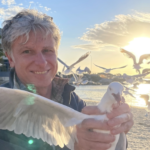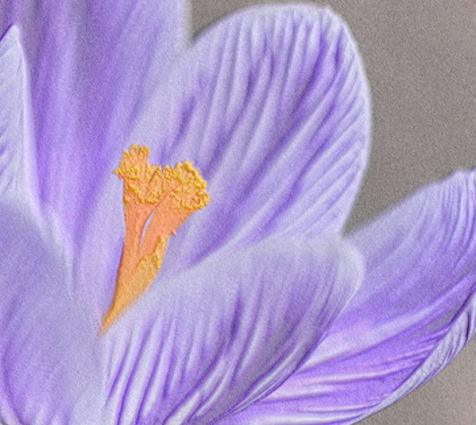Jonathan McKeown
Arkadia
All really valid poetry (poetry that is fully alive and asserts its reality by its power to generate imaginative life) is a kind of recovery of paradise.
—Thomas Merton, from “Louis Zukofsky—The Paradise Ear”
A curious observation Charles Darwin made of himself came back to me today while I was stopped at the lights where Huntley Street crosses Euston Road to become Sydney Park Road. My attention was drawn to something about the building standing in the wedge-shaped “block” opposite the Park. I’d not noticed it before. Something about the pleasing curves and arches that characterised its form—or the texture of its dappled brickwork—set it apart from all the bland prefabricated concrete buildings that have come to dominate our inner suburban streetscapes. As I drove on, up Sydney Park Road, toward the towering chimneys of the old St Peters brick pits the penny—as they used to say —dropped. Could someone have cared enough—some “developer,” presumably—cared for something more than maximizing profit? Cared enough to reference the heritage of this place by such subtle analogy as brick? A variety of bricks, in fact; evoking for me the appearance of a speckled egg. Too perfect to be coincidence, I thought. (I won’t burden you with the whole train of thoughts this poem-of-a-building set in motion for me.) When I got home I took Charles Darwin’s slim Autobiography off the shelf and flipped through to find the passage I had previously marked where he refers to the “curious and lamentable loss” of his “higher aesthetic tastes” that he attributes to a kind of disproportion in his mental habits. His mind, he observes, had “become a kind of machine for grinding general laws out of large collections of facts” which he claims had “caused the atrophy of that part of the brain … on which the higher tastes depend.” “[I]f I had to live my life again,” he continues, “I would have made a rule to read some poetry and listen to some music at least once every week; for perhaps the parts of my brain now atrophied could thus have been kept active through use.”
urban cranes an apartment tower dwarfing the steeple
About the Author

Jonathan McKeown lives near Cook’s River in Sydney and enjoys the privilege of existing and of being a part of this world. He works as a plumber. He also loves reading a wide range of literature. His poems have been published in leading journals over the past decade and in 2022 his first book of haibun and haiku, Genesis, was published with Red Moon Press.
